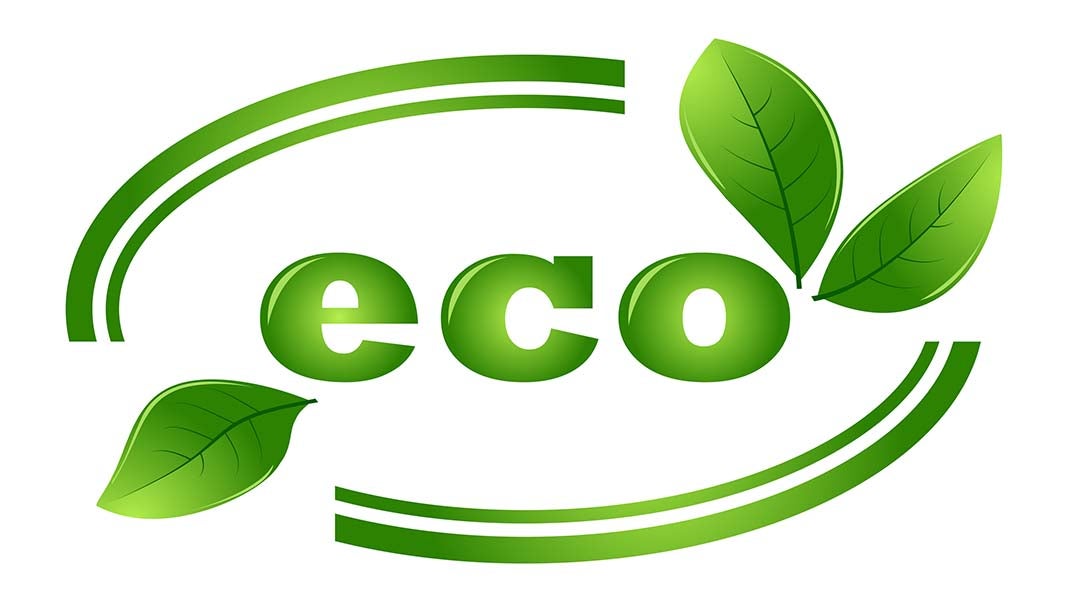Boost Your Brand Image with Better Eco-Credentials

When it comes to sustainability, businesses are beginning to realize that there’s much more to going green than simply slapping an organic label onto products or using a few happy animal images in their branding. The practice of greenwashing is still very real, and as the call for increased sustainability and responsibility in businesses of all sizes grows, avoiding this kind of misleading practice is key to a more sustainable future.
However, those businesses that are currently building truly sustainable eco-credentials are discovering significant benefits aside from a clean conscience. As consumers become ever more aware of their impact on the planet, they are increasingly voting with their dollars. Brands that have comprehensive and carefully designed sustainability roadmaps already know that long term plans are much more effective than short term fixes—while those that don’t are finding themselves squeezed out of a market that is beginning to prioritize all things green!
So, how do business go about boosting their brand with better eco-credentials? And how do they avoid falling into the greenwashing trap? Here, we take a look at a few ways to effectively go green and boost your brand image at the same time.
Design Circular Products and Services
There’s little point in denying that much of what we consume today is highly unsustainable. Existing economic models are largely based around the mindset of “take, make, dispose”, routinely depleting resources to manufacture products or provide services that follow a linear pattern. However, thinking about how to make your brand more “circular” is a great way to boost your brand image while adopting truly sustainable methodology
This kind of thinking may manifest itself in any number of ways. Whether redesigning your product packaging to use recycled materials that can be refilled and eventually recycled again, by using waste materials within products and packaging, or even simply replacing your mailers with reusable packs such as these.
Think About Your Waste
While sustainable branding is often focused on new, more eco-friendly products, the waste associated with manufacturing, or even service-oriented businesses, is often an afterthought. However, commercial waste is responsible for a significant proportion of overall waste generation, and managing this effectively will help you boost your brand image and reach your sustainability goals.
Implementing forward thinking recycling plans within your company, which can then also be extended to your consumers through your products and services, will allow you to recycle more effectively and divert more waste away from landfill. The first place to start is with a waste management audit that observes your current practices and identifies where improvements can be made. After this, you can begin to implement better recycling facilities and improve education for both staff and your customers. The bottom line is, today’s consumers want to know that your waste is being recycled, and that any waste generated from your products (packaging, consumables etc.) can be easily recycled.
Be More Transparent
Increased transparency is among the most important factors in your sustainability plan. Greenwashing thrives on opacity, and consumers want clear advice, guidance, and information on what your brand is doing to be more sustainable. Waste diversion metrics and recycling figures are a good place to start, however, transparency can be bought to all elements of your business.
Whether it’s your policy on ethical labor and fair trade or your commitment to sustainable materials and manufacturing processes, providing consumers with detailed advice will give your brand a boost. In addition to this, there are helpful websites that can help you build a sustainability profile that is accessible by consumers so they can compare your metrics against competitors.
Engage Your Customer Base
Sometimes, a great, sustainable idea alone is not enough, and it often pays to engage your customer base to identify ways in which your brand can improve. Environmental awareness in itself is a great tool to do this, and as consumers embrace sustainability education and, it’s fair to say that your customer base may well be able to identify areas for improvement that you may have missed.
In addition to this, engaging your customers with your sustainability efforts has a number of other benefits. Through reaching out and getting feedback customers will feel more connected to your brand, while implementing sustainability programs and events will allow them to more easily associate your brand with responsible and ethical practices. Finally, offering sustainable, such as reusable water bottles or recycled tote bags, gives you yet another outlet in which to visually promote your brand on a product that travels everywhere with your previous or potential customers.
Consider Becoming a B-Corp
For the ultimate in sustainable credentials, the most green-oriented brands should attempt to attain B-Corp certification. Designed for businesses that “balance purpose and profit”, joining the roster of B-Corp certified companies is among the best ways to boost your brand through social and environmental performance. B-Corp brands are legally required to meet certain standards, so following the B-Corp roadmap provides an instant indicator of your commitment to sustainability.
To date, there are 3,214 B-Corp companies spread across 71 countries—from the largest multinationals and the smallest startups—so you’re already in good company. Additionally, the website has plenty of resources to help you get started in building a sustainability plan that can push your forward as you strive for improved eco-credentials.
2818 Views













